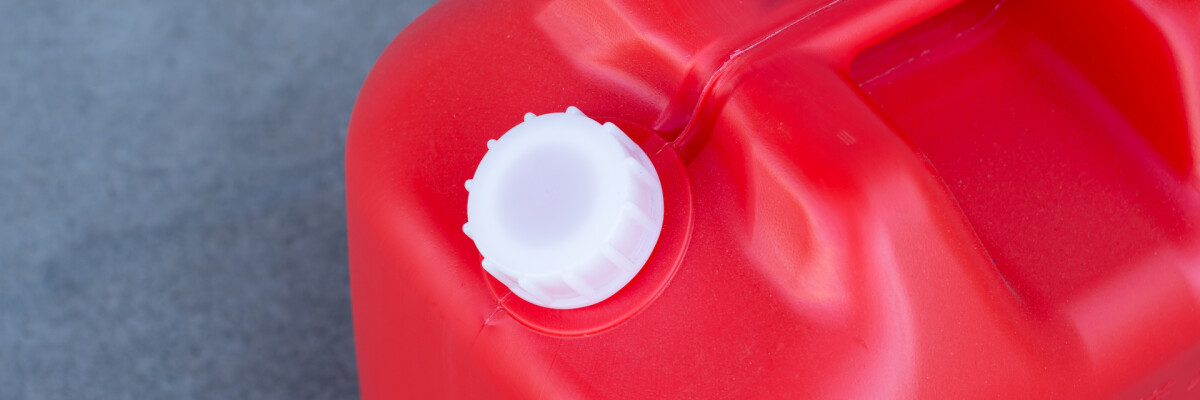Engineers from Zurich have tested a synthetic gas extraction unit, which can also liquefy it further to kerosene and methanol.
The unit is comprised of three modules. The first extracts carbon dioxide and water vapour from the air. The second focuses sunlight onto a special target made from cerium oxide. This substance is heated up to 1500 ℃ resulting in excess oxygen and hydrogen being extracted from the air. Finally, the synthesis gas is fed into the third module, in which liquid fuel is then produced from it.
The 5-kW demo unit produced 32 ml of methanol in only seven hours of operation. However, its effectiveness depends entirely on lighting conditions, in which case one has to consider the overcast Swiss weather. Nevertheless, extracting petrol from the air leaves no carbon footprint, requires no consumables, and even helps clean up the environment. Although considering the costs associated with producing this type of fuel, it is far more expensive than traditional fuel production.
Share this with your friends!





Be the first to comment
Please log in to comment